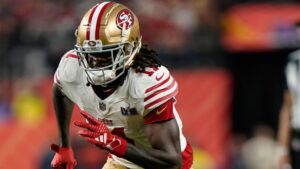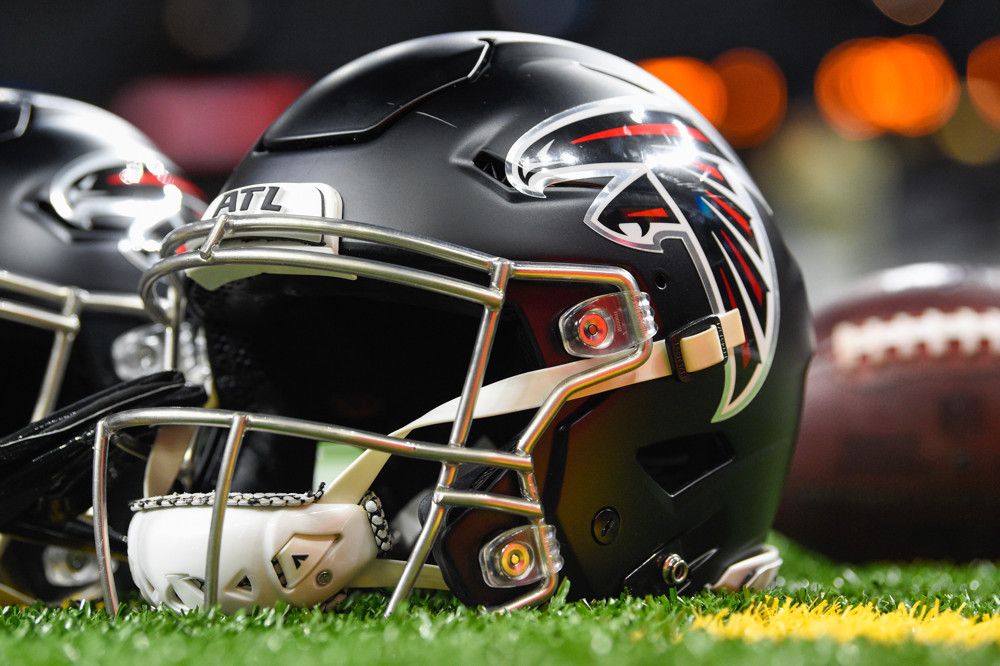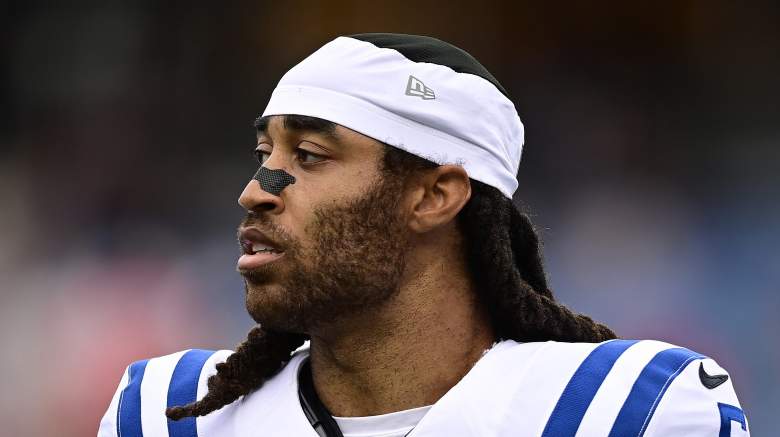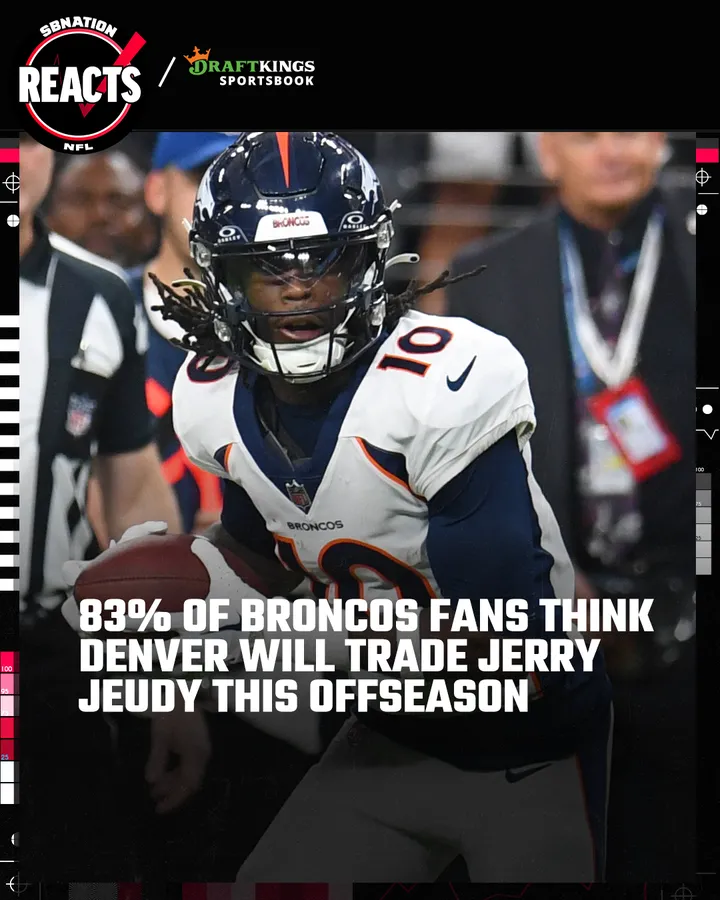The 49ers can either stock up on pass catchers, deal Deebo Samuel, or move Brandon Aiyuk for more picks.
General manager John Lynch and coach Kyle Shanahan worked hard Thursday night to sell the idea that the 49ers could choose Florida wide receiver Ricky Pearsall in the first round while also keeping Brandon Aiyuk and Deebo Samuel on the roster. “We have a real strong group there and we wanted to add another player,” Lynch went on to say.
“There’s really nothing he can’t do,” Shanahan remarked. “He can fit in whatever role based off the other guys.”
Pearsall can play both outside and in the slot, as well as return punts. He’s described as a fierce, physical warrior, which is ideal for a Shanahan wide receiver. However, neither Lynch nor Shanahan dismissed the possibility of a deal to return some extra picks, either on Friday or in future years. As much as the 49ers are going “all-in” on another try to win their sixth Super Bowl, they must also anticipate 2025 and beyond.
Here are the pros and cons of their three options regarding targets for Brock Purdy in 2024 and beyond:
KEEPING ALL THREE
Pro: Imagine the things Shanahan could do with shifts and motions adding Pearsall to the mix. In theory, he’d be an instant contributor as a slot receiver with Aiyuk outside and Samuel as a wild card — another outside receiver, in the slot or even in the backfield. Plus there’s Jauan Jennings, assuming he signs his restricted free-agent tender.
Samuel’s demolition derby style of play invariably leaves him banged up for some games at less than his peak or out of the lineup to heal for short periods. Aiyuk missed a game last year. Having Pearsall in those instances reduces the impact of missing either one.
If we learned anything about Round 1, it’s that quarterbacks (six of the first 12 picks) and offense (no defensive player went until No. 15) are king. Pearsall is another weapon for Purdy. Equipping Purdy is what it’s all about, and if the 49ers seem to be loading up on the offense with this pick at the expense of their defense, so be it.
There’s still time to address defensive players on Day 2 and Day 3.
Con: Sure, it’s great to have another target for Purdy, but that’s not going to do the 49ers a lot of good if he’s on his back or, even worse, knocked out because of injury. Dealing Samuel or Aiyuk could bring in a Day 2 pick that helps with protection.
Right tackle Colton McKivitz may be better suited to be a backup than a starter, and when the 49ers lose Trent Williams for any amount of time, the impact is felt immediately. There’s also a third corner to consider, or a safety considering Tashaun Gipson wasn’t re-signed and Talanoa Hufanga is coming off an ACL tear.
TRADING SAMUEL
Pro: As addressed earlier, Samuel is not your typical wide receiver in that he attempts to deliver blows rather than avoid them. There was a shoulder fracture last year and a second shoulder injury later in the season.
In a statistical sense, Samuel will never duplicate the 2021 season that led to his $73.5 million contract extension. Good for him to cash in on that opportunity, but what he’s paid exceeds his value in a financial sense.
Once Christian McCaffrey arrived in 2022 via trade, Samuel became less of a factor, a fancy hood ornament as opposed to the primary weapon. Purdy is much more capable of spreading the ball around than Jimmy Garoppolo and while Samuel is an interesting and occasionally dominant player, the 49ers have a quarterback who can bring out the best in a lot of players.
Con: Samuel can be quirky — to wit, he showed up in something other than peak shape in 2022 after getting paid. But there’s also little doubt when he’s right, Samuel offers something few if any receivers do as a bowling ball-type option at his position.
When Samuel is at his physical best, he’s a sight to behold and the way he plays helps rub off on an offense that prides itself in its “tough guy” image. The trend-setters in that regard are Samuel and tight end George Kittle.
TRADING AIYUK
Pro: Lynch said the inflation in terms of how receivers are being paid (Amon-Ra St. Brown and A.J. Brown are the two latest examples) is no surprise.
“You expected that the market would take a bit of a leap this year,” Lynch said. “I think it surely has and I think it tells you it’s a premium position in our league right now. The ball’s being thrown a lot and we’re asking these players to do a lot. It’s the reality and we’ll deal with that.”
Although all the details aren’t known, St. Brown and Brown both checked in at $30 million average per year or more. That’s what Aiyuk is going to want, or at least something comparable.
Considering what Purdy will be due next year, it’s a big chunk of money to commit to one receiver when you use as many as four or five in a pattern. It’s also nearly double what the 49ers are paying McCaffrey, which in a pecking order sense makes no sense at all.
It’s possible Aiyuk has simply priced himself out of the 49ers’ plans.
Con: Aiyuk is the only premium Pro Bowl-caliber wideout on the roster and Purdy’s best and most reliable downfield target. The two have developed a connection which was never more evident than his 61-yard catch in the NFC Championship Game off the helmet of Lions corner Kindle Vidor.
As talented as Samuel is, he’s a terrific gimmick and gadget guy rather than a traditional wideout. While the 49ers admire Pearsall and believe he suits their approach, some consider him a reach in the first round.
It took Aiyuk four complete seasons to become Aiyuk, and he was more widely respected after college than Pearsall. If Pearsall experiences a similar learning curve, relying on him to be the primary wide receiver target in Year 1 is a gamble. Receivers under Shanahan simply do not develop as rapidly.




